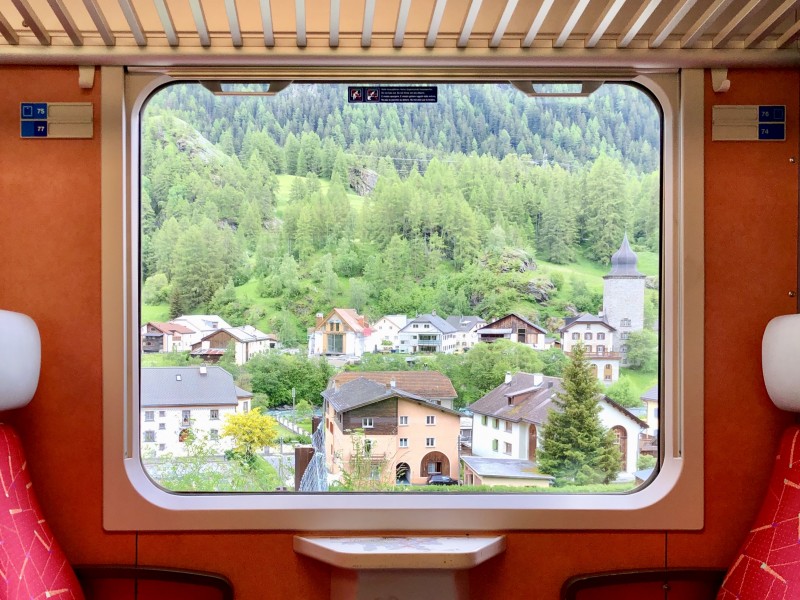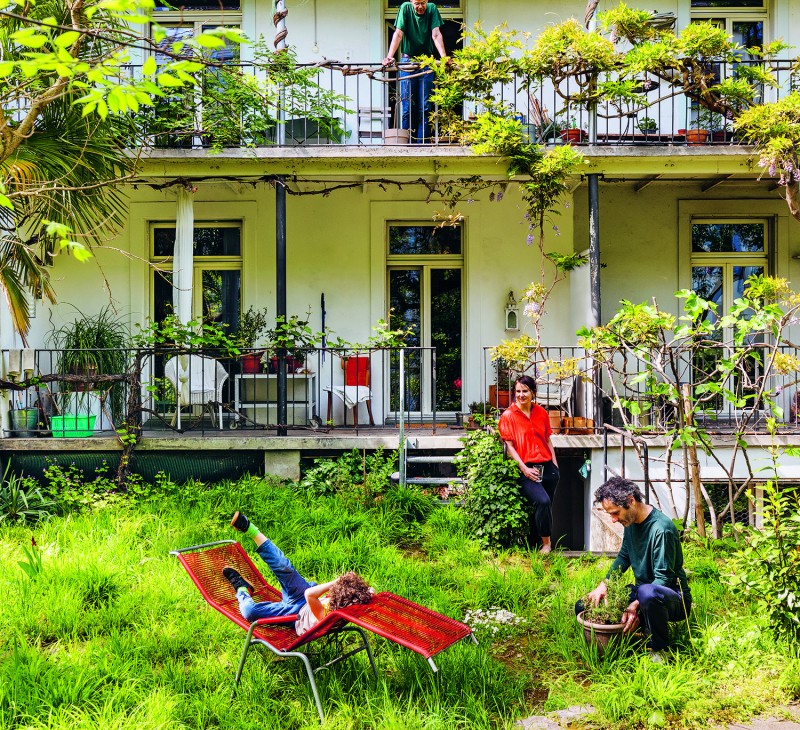»BALKANOLOGY« New Architecture and Urban Phenomena in South Eastern Europe
Exhibition Project & Symposium at S AM – The Swiss Architecture Museum, Basel in cooperation with the Architekturzentrum Wien
Curated by Kai Vöckler
In the western Balkans, the collapse of the socialist economic system in Yugoslavia and Albania has given rise to extensive informal building activity that represents a new form of urbanisation. The question is: how far do such urban transformations indicate patterns of future development for European cities in general? The exhibition uses examples from projects in Belgrade, Zagreb, Kotor, Prishtina and Tirana to illustrate the way architects, artists, urbanists and activists are dealing with these rapid new transformation processes. The outstanding yet hardly known buildings of socialist modernism in Yugoslavia are compared and contrasted with contemporary architecture.
»Balkanology« opens a new field of architectural discourse in Switzerland —the little-known architecture of the post-socialist period and the result of unregulated, uncontrolled urban planning in the countries of South Eastern Europe. The exhibition focuses on the impact of recent socio-political changes on architecture and urban planning.
The situation in South Eastern Europe is prototypical for urban development in transitional and post-conflict situations, from Prishtina to Belgrade, where weak or missing institutional structures make it impossible to achieve the regulation of construction processes. The wild, volatile spread of informal building structures is the aftermath of the kind of urban crisis that follows social upheavals or wars. At the same time, independently of regional particularities, these urban developments display a new kind of urban form that is quite different from informal settlements in countries outside Europe. Their specific forms result from a new intermeshing of spaces through visual worlds communicated by the media, migratory movements and cash flows.
»Balkanology« brings together leading architects and urban planners from South Eastern Europe and shows their approaches to these fundamental urban transformations. The exhibition will show the cultural, social and political dimensions of the urban phenomena of the region. The key question here is to what extent unregulated, informal urbanism develops new typologies and urban forms, and how these forms could also emerge under the banner of neo-liberal de-urbanisation in the rest of Europe.
The exhibition presents research projects and concrete interventions, architectural analyses and planning strategies. »Balkanology« deliberately avoids trying to achieve a picture of urban development that would be valid for the whole region. Instead, it uses selected examples from different locations to highlight specific local influences on architecture and urban construction, thus critically examining the potentialities for a re-qualification in urban planning.
The term »Balkans« is generally synonymous with South Eastern Europe, a region with varying geographical definitions. This vague term for the area is a 19th-century invention. In the European, or Western European imaginary, the word »Balkan« stands for ambiguity, hybridity, or a state of transition; it is a concept that can be used positively or negatively. »Balkanology« goes beyond the clichés to draw a differentiated picture of urban development in the region and the forces that determine it.
Using selected examples, Maroje Mrduljaš, the editor of the Croatian architectural magazine Oris, and the Serbian architectural historian Vladimir Kulić will show how Yugoslavian architects and planners have tackled "modernity" and "internationality". Alongside chosen topics, the co-curators will set up an interrelation between historical and contemporary buildings and projects, and comment on them with reference to the phenomenon of "interrupted modernism" in Yugoslavia.
Exhibition participants
Vladimir Kulić & Maroje Mrduljaš (Kokuratoren / co-curators); Platforma 9,81, Zagreb; Co-PLAN, Tirana; EXPEDITIO, Kotor; Archis Interventions, Prishtina; Katherine Carl & Srdjan Jovanović Weiss, Novi Sad / Philadelphia; Dubravka Sekulić & Ivan Kucina, Belgrad amongst others.


